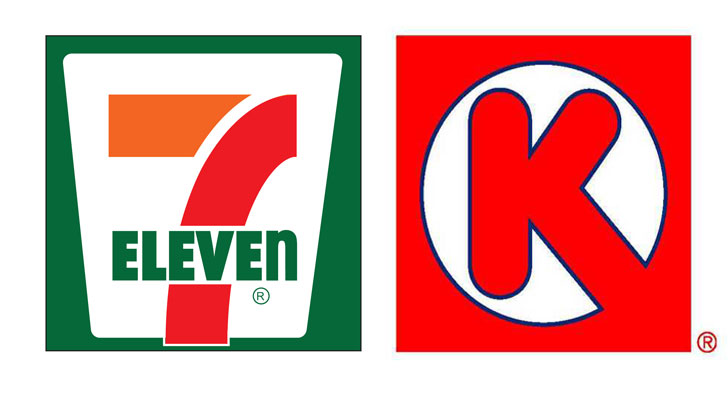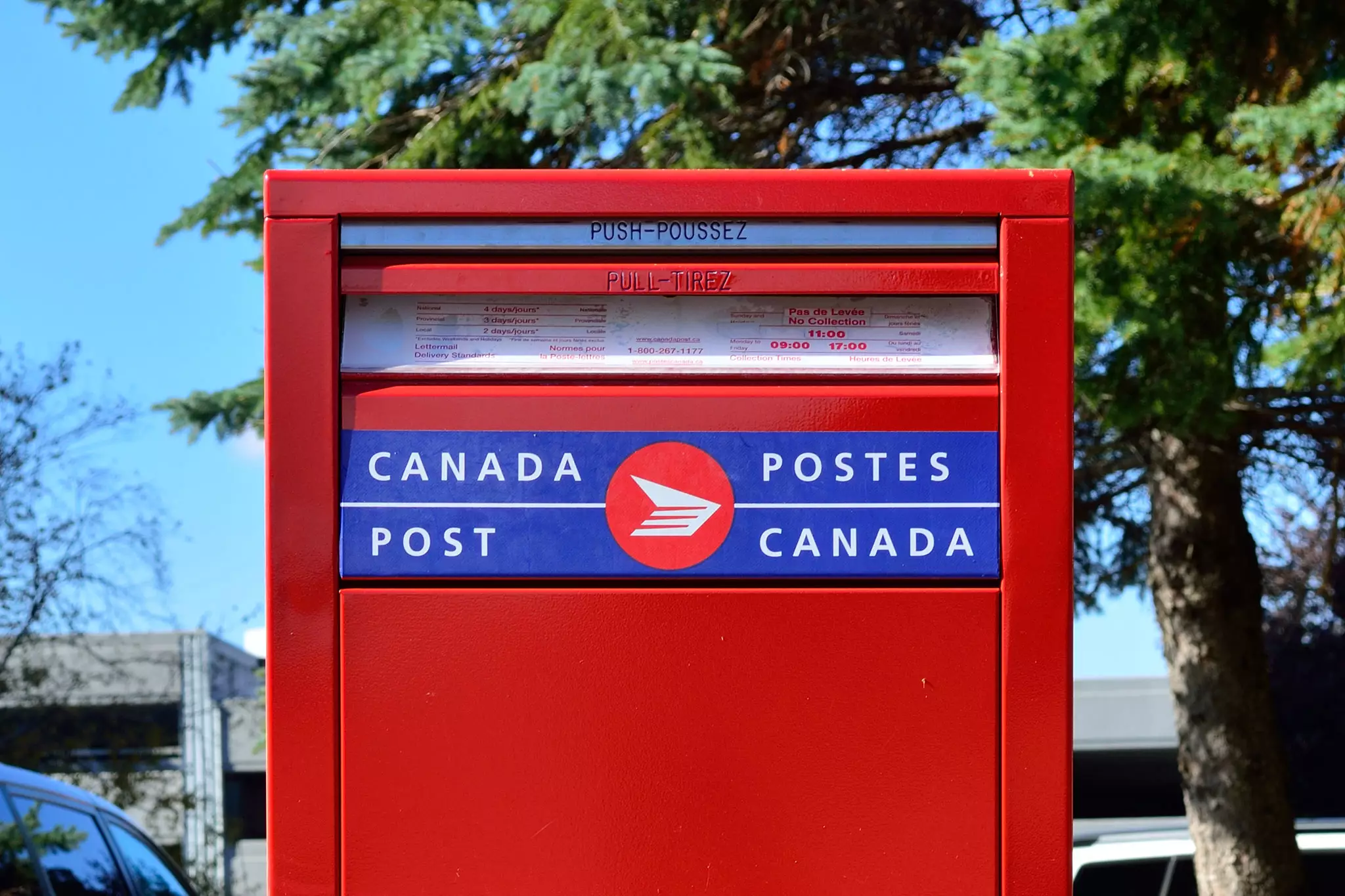7-Eleven is closing several hundred underperforming stores across North America, as announced by its parent company, Seven & I Holdings. In a recent earnings report, the Japan-based company revealed that 444 locations will be shut down due to multiple challenges, including slowing sales, declining customer traffic, inflation, and a decrease in cigarette purchases.
Although the specific locations of the closures have not been disclosed, the company operates over 13,000 stores in the U.S., Canada, and Mexico, meaning the closures account for 3% of its total portfolio.
Despite overall economic strength in North America, Seven & I’s report noted a more cautious approach to spending from middle- and lower-income consumers, driven by inflation, high interest rates, and a weakening job market. These factors contributed to a 7.3% drop in foot traffic in August, marking six consecutive months of decline.
Cigarette sales, once the largest revenue driver for convenience stores, have fallen 26% since 2019. A shift to alternative nicotine products, like Zyn, hasn’t fully compensated for the decline.
According to Neil Saunders, a retail analyst with GlobalData Retail, the closures are a “gentle pruning” to maintain the chain’s profitability, with affected stores likely experiencing steeper drops in traffic as consumers face rising food prices and turn to online or value stores for better deals.
In contrast to these closures, 7-Eleven is investing more heavily in its food offerings, now the top-selling category in the U.S., as it seeks to compete with rivals like Wawa and Sheetz, which are gaining higher customer satisfaction scores.
These developments come as 7-Eleven faces a takeover bid from Couche-Tard, the owner of Circle-K, which recently raised its offer to $47.2 billion.
When asked about store closures in Canada, a 7-Eleven spokesperson stated the company is continually optimizing its store portfolio to align with its long-term growth strategy, which includes closing non-core locations while opening new stores in areas with higher demand for convenience.



